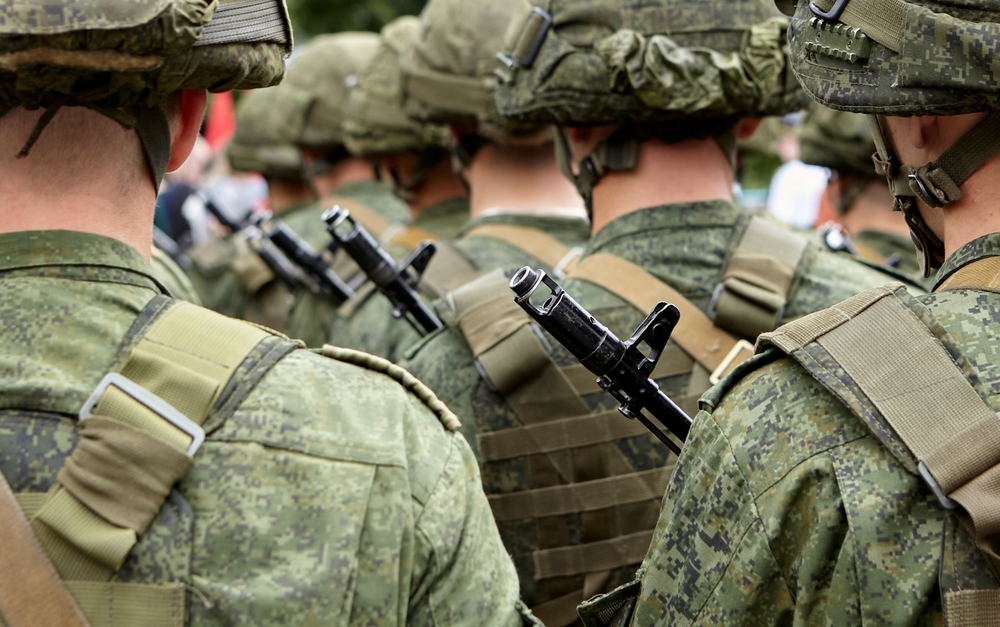Putin pulls an additional 150,000 Russians into the military.
Others are reading now
Russian President Vladimir Putin has officially ordered an increase in the number of conscripts for the upcoming spring military draft.
This year, the Russian armed forces will welcome 150,000 new recruits, a slight uptick from the previous spring’s conscription figures.
Running from April 1 to July 15, this draft targets a broader age group, now including citizens up to 30 years old, an expansion from the prior cap of 27 years.
A Digital Era for Conscription
For the first time, Russia will start issuing electronic draft notices, a modern shift from the traditional paper summons, although the latter will remain in use until the military registration system is fully operational.
Also read
This development comes as part of a broader digitalization effort in military conscription processes, with the government aiming for a comprehensive digital overhaul by 2025.
The initiative is set to revolutionize how conscripts are called up to service, making use of a new unified military registration database scheduled for launch in 2024.
This database will hold extensive personal information on conscripts, facilitating a more streamlined and efficient conscription process.
No Deployment to Ukraine for Conscripts
In an assurance likely to relieve many, Yevgeny Burdinsky, head of the General Staff’s main organizational and mobilization department, has stated that conscripts will not be deployed to active war zones, including Ukraine.
This announcement aims to address concerns regarding the potential involvement of new recruits in ongoing conflicts.
Crackdown on Draft Evasion
The Russian government has also tightened measures against draft evasion. With the new digital conscription strategy, authorities will be better equipped to track and penalize those attempting to evade military service, including imposing travel bans.
This crackdown is part of a comprehensive package of reforms approved last July, aimed at enhancing the efficiency and accountability of the conscription system.
The transition to a digital conscription system comes with a hefty price tag, estimated at 3.8 billion rubles($41 million)
According to Deputy Minister of Digital Development, Communications and Mass Media Oleg Kachanov, the implementation of the military registration register faces challenges due to “very stringent” requirements in infrastructure and information security.
Despite these hurdles, the initiative marks a significant step toward modernizing Russia’s military conscription process.


